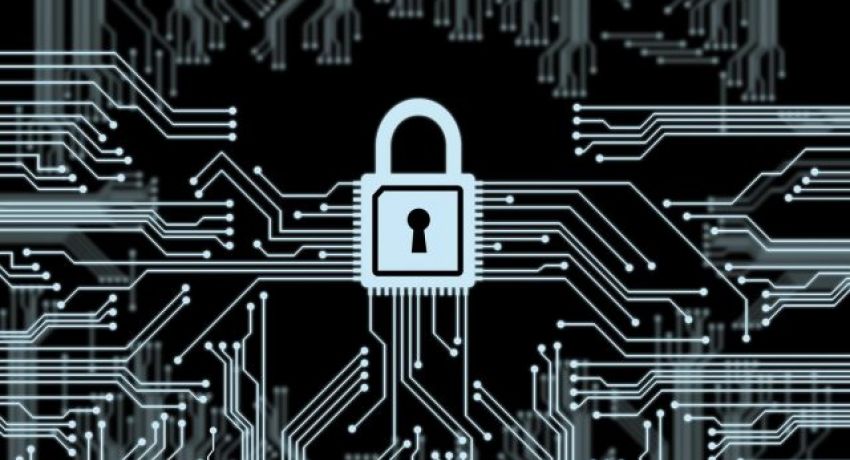In today's digital world, where cyberattacks are becoming more sophisticated and frequent, strong data protection is coming to the fore. Classical cryptography methods, while effective, face threats posed by rapidly evolving technologies such as quantum computing. Quantum encryption, due to its unique foundation based on the principles of quantum mechanics, offers new possibilities for data security. This article focuses on quantum encryption and its potential role in protecting information in the face of increasing cyber threats.
Fundamentals of quantum cryptography
Quantum cryptography uses the principles of quantum mechanics to create secure communication channels. The main element here is the quantum state of particles, such as photons, which can be transmitted through communication channels. One of the key features of quantum cryptography is Heisenberg's uncertainty principle and a property of quantum states that makes them vulnerable to measurement.
Principles of work
- Uncertainty Principle: According to this principle, it is not possible to accurately measure some pairs of physical properties (e.g., position and momentum) at the same time. This also applies to quantum states, which makes it impossible to intercept data without changing it.
- Principle of superposition: Quantum bits (qubits) can be in several states at the same time, which increases the difficulty of intercepting and breaking them.
- Principle of quantum entanglement: Two or more quantum objects can be in an entangled state, where the measurement of one object immediately affects the state of the other, regardless of the distance between them.
Principles of quantum encryption
Quantum encryption is based on the use of quantum keys to encrypt data. One of the most well-known and widely used methods of quantum encryption is the Quantum Distributed Key System (QKD).
Quantum Distributed Key System (QKD)
QKD allows two parties to securely exchange a secret key to encrypt data. The working principle of QKD can be explained as follows:
- Key creation: Two participants exchange quantum particles, such as photons, that encode key information.
- Data exchange: If someone tries to intercept these quantum particles, their quantum state changes, which can be detected.
- Interception detection: The parties compare some of the information to check if there has been any interference. If interference is detected, they can start the process again.
QKD provides a high level of security due to the fact that any interference is immediately detected, which makes this method particularly reliable for information protection.
Advantages and Challenges of Quantum Encryption

Advantages
- Absolute Security: In theory, quantum encryption provides absolute security, as any attempt to intercept data is immediately detected.
- Protection against quantum computing: Unlike classical methods that can be broken with quantum computers, quantum encryption remains protected from such threats.
- Theoretical Foundation: Based on the fundamental principles of quantum mechanics, quantum encryption provides mathematical and physical validity for its security.
Calls
- Technical complexity: Implementing quantum encryption requires complex hardware and technology, which can be expensive and difficult to implement.
- Distance Limitations: In current QKD systems, there are limitations on the distance of key transmission due to quantum channel losses.
- Infrastructure requirements: To fully use quantum encryption, special infrastructure is needed, including quantum repeaters to increase transmission distances.
Practical application
Quantum encryption is already finding its application in various areas:
- Financial institutions: Banks and financial institutions use quantum encryption to protect transactions and customer data.
- Government organizations: Government agencies use quantum encryption to secure communications and protect sensitive data.
- Enterprise Sectors: High-tech and healthcare companies use quantum encryption to protect sensitive information and intellectual property.
The Future of Quantum Encryption
The future of quantum encryption looks promising thanks to the continuous research and development in this field. With the increasing availability of technology and its decreasing cost, quantum encryption could become the standard in the field of information security. Leading scientists and engineers are working to solve existing problems, such as expanding the transmission range and integrating with existing communication systems.
Conclusion
Quantum encryption represents a revolutionary step forward in data protection, offering a level of security unattainable by traditional methods. Given the ever-growing threats to cybersecurity and the rapid development of technology, quantum encryption can be a key element in ensuring the reliability and confidentiality of information. However, for its widespread use, a number of technical and infrastructural obstacles must be overcome. Given current trends, we can expect quantum encryption to carve out a niche for itself in the high-tech world of data protection in the future.
